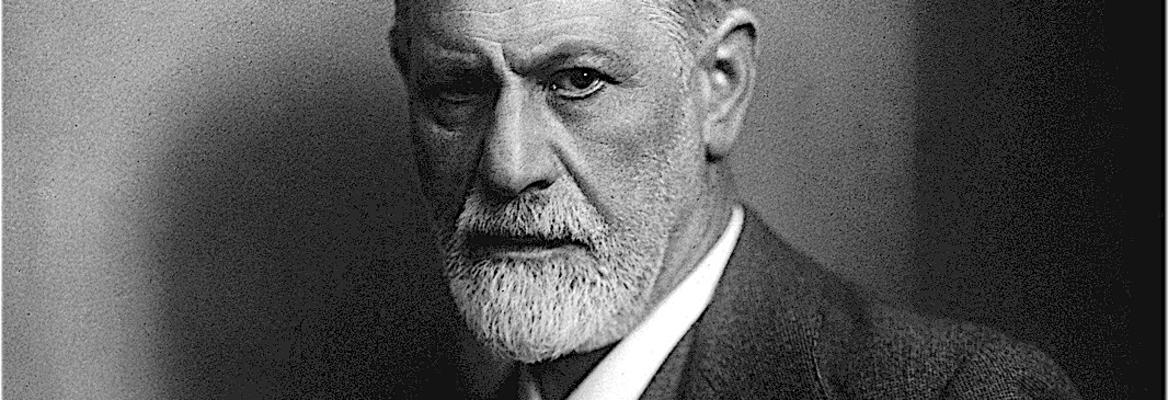One of the explanations for the rise of populist nationalist myths today goes back to the complicated dynamics between the individual and society, and between reason and fantasy. The thinker who might help us understand our current political storms is no other than Sigmund Freud.
Freud is best known for his more controversial theories on sexuality. But we need not buy Freudian mechanics or his clinical theories. Enough of value remains without Oedipus.
Freudian theory explores the tension between unconscious desires and the controlling ego, whose rational faculties, while fallible, may be marshalled to scrutinise our emotional drives. on this account, the freedom that humans possess rests solely in recognising and controlling fantasies and the passions that accompany them. With such awareness we are, at least, in a better position to judge and direct our actions – mitigating those that are destructive and strengthening the beneficial. This isn’t a new idea for western philosophy, and it goes at least as far back as Plato and Aristotle.
Freud, however, remained circumspect about “the arrogance of consciousness.” He recognised the limits of the psychoanalytical method. Consequently, his own guarded view of self-awareness led him to acknowledge our irrationality and to be suspicious of reason as a faculty of self-knowing. Freud thereby undermined confidence in the very Enlightenment ideals he espoused.
___
"Frustrated desire has been re-channeled from a diffuse sense of denial, injury, and repression in new forms of release"
___
His conclusions have far-reaching implications for moral agency. By revealing the false conceit that rationality can control passions, Freud de-stabilises human autonomy. As he famously wrote in The Future of an Illusion (1927),
The voice of the intellect is a soft one, but it does not rest till it has gained a hearing. Finally, after a countless succession of rebuffs, it succeeds. This is one of the few points on which one may be optimistic about the future of mankind, but it is in itself a point of no small importance. And from it one can derive yet other hopes.
Not much to hang on to.
The social implications of Freud’s thought seem directly applicable to today’s political upheavals. In his 1930 book Civilisation and Its Discontents, Freud argued that the individual and civilisation are inescapably at odds with each other. For community to exist, instinctual drives for personal gratification must be curtailed or channeled to non-destructive activities. Accordingly, repression and sublimation serve to deal with the cauldron of desires. Too much suppression results in perversity; too much leniency – in chaos. The psychic calculus demands balance.
 How Would David Hume Explain Our Political Divisions?
How Would David Hume Explain Our Political Divisions?

